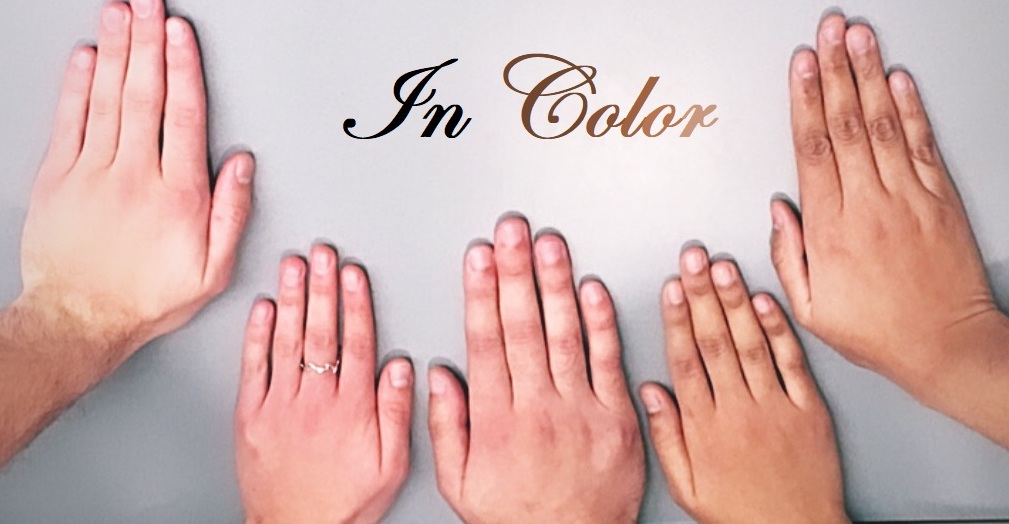Misgendering in Medicine: How to Improve Care of Transgender and Gender Non-Binary Patients
It is not uncommon for transgender and gender non-binary individuals to be misgendered by health care providers or in the health care setting. This negatively affects their health and their relationship with their providers. Leaders in the field of transgender and non-binary health care recommend asking about a person’s pronouns and integrating pronoun introductions into the clinical setting.








